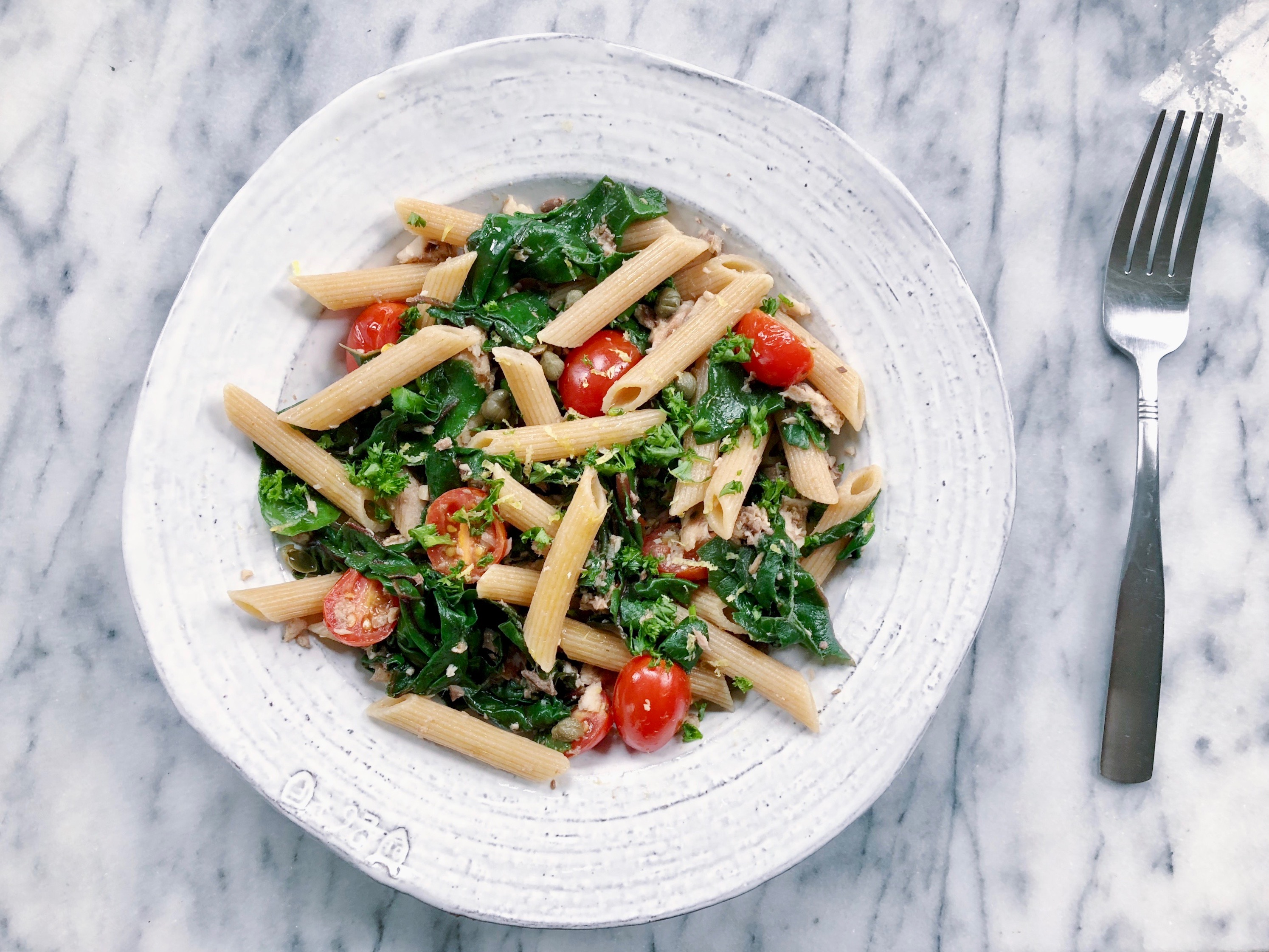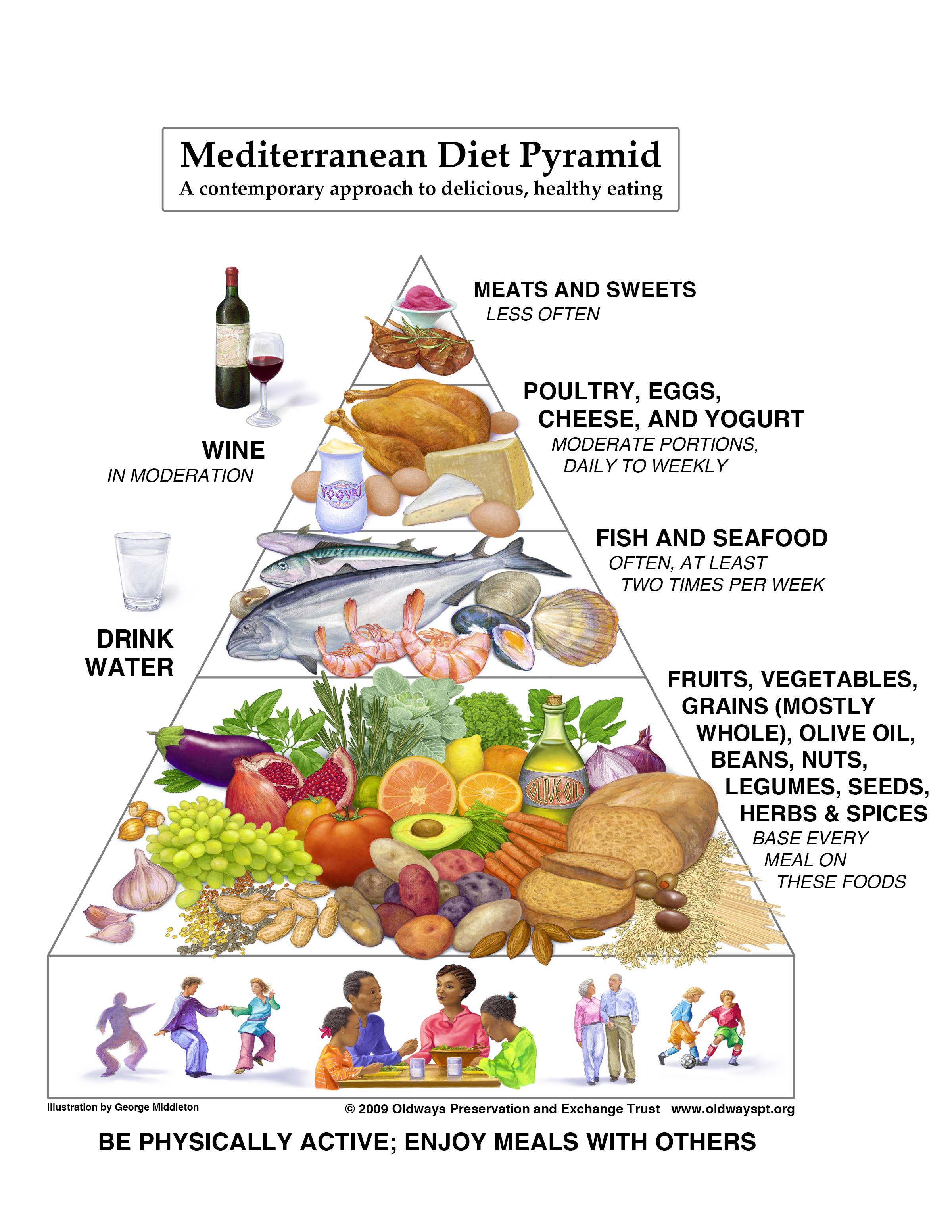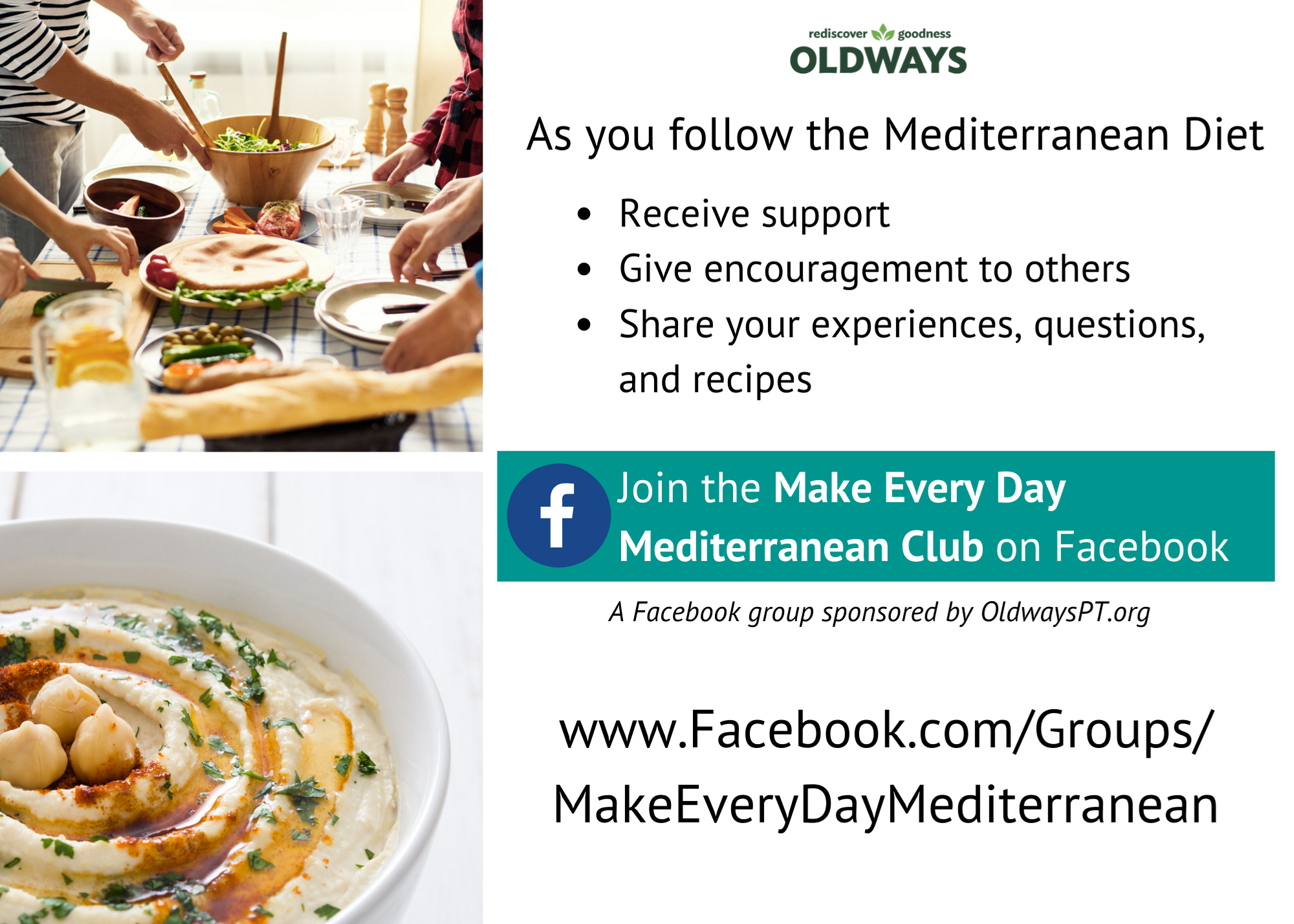Share This
You may have already heard that U.S. News and World Report has just named the Mediterranean Diet #1 in Best Diets Overall for the second year in a row. In fact, the Mediterranean Diet also ranked:
- #1 Easiest Diet to Follow
- #1 Healthy Eating Diet
- #1 Best Diabetes Diet
- #1 Best Plant-Based Diet
In a month when so much of the media is focused on quick, weight-loss tips and fad diets, it’s great to see the Mediterranean Diet getting the attention it deserves. The Mediterranean Diet is not a diet, as in “go on a diet,” though it is a great way to lose weight and improve your health. Instead, this pattern of eating, backed by decades of research and centuries of culture, is a lifestyle based on the traditional foods of the countries that surround the Mediterranean Sea. Not only is it healthy, it’s also truly delicious.
Whole Grains and the Mediterranean Diet
So, what has the Mediterranean Diet got to do with whole grains? A lot actually! Whole grains are one of the key elements of the traditional Mediterranean Diet, which also includes lots of vegetables, fruits, herbs, seafood, olive oil, and beans. While many Mediterranean whole grains are wheat-based – including bulgur, freekeh, farro, spelt, whole wheat couscous, and whole wheat breads and pastas – barley, brown rice, and oats are widely eaten throughout this region as well.
It’s easy to include whole grains in your Mediterranean-style meals, no matter what time of day. For breakfast, enjoy a bowl of oatmeal or granola, or put some leftover farro or freekeh in your omelet. At lunch, stuff a whole wheat pita with tabbouleh and hummus, or toss bulgur or barley with chickpeas, spinach, and a little feta for a simple grain salad. In the evening, prepare whole wheat pasta with sardines and sautéed vegetables, or serve some baked fish with a side of freekeh or brown rice pilaf and a salad.
Tips for Cooking with Whole Grains
- Cook in Quantity. When you’re cooking your grains, make a large quantity and freeze or refrigerate (up to 3-4 days) the leftovers so they can be used in other meals. This cuts down on the time you’ll spend cooking each week and makes it easier to include a few spoonfuls of grains in your soups, salads, and sandwiches without having to think too much about it in advance.
- Use the Pasta Method. Many grains (such as brown rice, farro, and wheat berries) can be cooked by adding them to a large pot of boiling water and cooking them until tender, before draining off all the excess liquid – just like you’d do if you were cooking pasta. America’s Test Kitchen found that this method reduces the time it takes to cook the grains.
- Use our Whole Grain Resources. We have free handouts and resources to help you get started, including a grain cooking chart, and A-Z guide to whole grains, information about how to use the Whole Grain Stamp to help you identify whole grains when you’re shopping, and a large database of whole grain recipes.
Learn More about the Mediterranean Diet
In celebration of all the Mediterranean Diet has to offer, Oldways is hosting a 4-week Facebook challenge. We’re just three days into it, so it’s certainly not too late to jump in and get started! It’s super easy – just join the Make Every Day Mediterranean Facebook group where we’ll be posting recipes and tips and invite you to do the same. If you’re looking to level-up your Mediterranean cooking, we recommend trying one of these great resources:
- Our 4-Week Make Every Day Mediterranean Menu Plan Book that takes you meal-by-meal through a month of Mediterranean-style cooking and eating.
- Our 4-Week Whole Grains Around the World Menu Plan Book that goes beyond the basics of whole grains with inspiration from cultures around the world, including a full week of Mediterranean-focused content.
We can’t wait to see the pictures and recipes you post! (Caroline)




Add a Comment